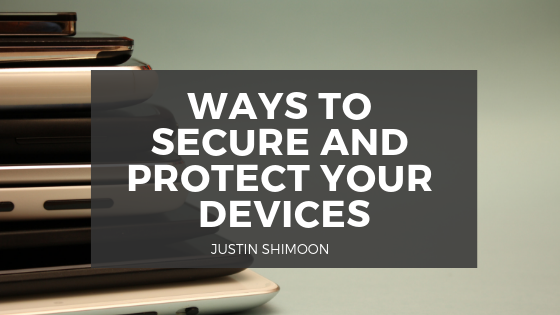Device technology has come as a very convenient way of performing virtually all day-to-day essential tasks. The integration of device technology with internet technology has made it possible for us to create and utilize the Internet of Things. The enhanced communication mediated by the internet and device technology has, however, come at a cost where the prospect of incidental loss of privacy has become a major concern. To be on the safe side, you need to know how to appropriately secure your devices and systems against potential infiltration.
Secure your systems
The first of the important device security measures to take is to ensure every system used in virtual communication is appropriately secured using electronic security mechanisms. Hardware devices such as routers, mobile phones, laptops, and other gadgets used for accessing or mediating the access of information should be protected with strong password combinations. Such protection keeps away unauthorized persons from illegally using them. The devices should also be kept in a secure place with minimized prospects of theft.
Use of two-factor authentication
Password combinations alone are not strong enough to protect against the most potent hacking attempts. To ensure an added layer of security, especially in cases where devices and systems in your possession hold sensitive private information, you may want to utilize two-factor authentication. The added layer of security ensures that a potential hacker would have to access dual login information before accessing your systems.
Use device security software
To protect your devices from potential electronic attacks such as malware and virus programs, it is highly advisable to install top-notch device security software. Such software comes in handy in automatically detecting and warding-off potential attacks. Device security software should be set to automatically update to incorporate the latest definitions of software that hackers use to facilitate effective hacking.
Beware of the software you install
Computer and mobile device software should be carefully selected and downloaded from trusted sources. Downloading applications from untrusted web platforms expose your devices to potential cyber-attacks, especially in cases where hackers develop dubious apps that can mediate siphoning data from unprotected devices.
Configure your devices well
Your device’s poor configurations can sometimes mediate and facilitate illegal exchange of information. Wi-Fi configurations, in particular, should be set well using, preferably, a Virtual Private Network. This ensures an added layer of security on all your Internet of Things devices and prevents guests and visitors from accessing any of your interconnected devices.
